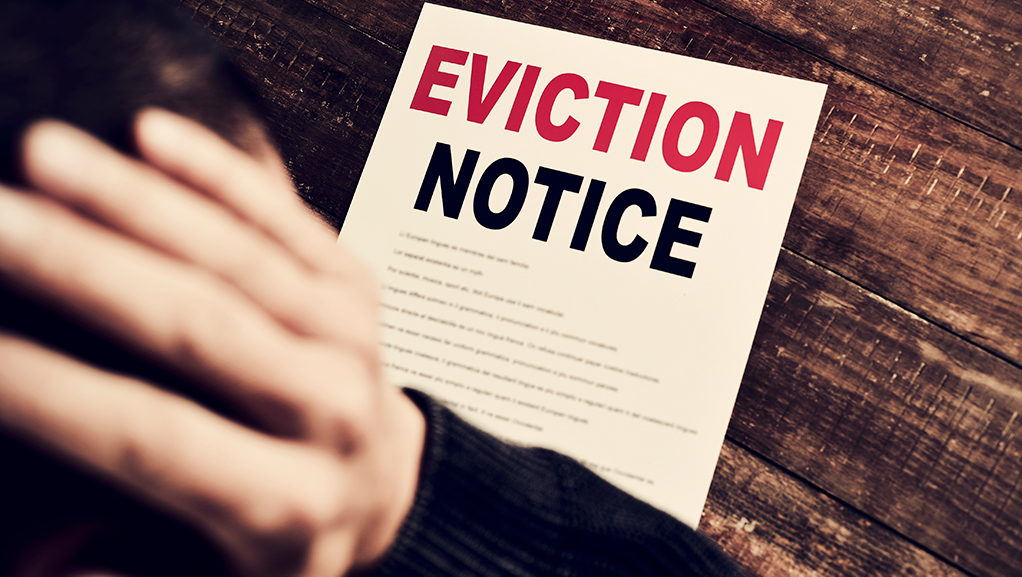
In response to the COVID-19 pandemic, the Pennsylvania Supreme Court made emergency rule changes to some of the timelines relating to residential eviction proceedings before magisterial district judges. These modified rules went into effect on Jan. 1, 2021. After seeking public comment and additional feedback on the modified rules, the Supreme Court recently announced it is modifying the timelines back to their original periods effective Jan. 1, 2022.
Landlords are only able to evict tenants after going before a judge and the judge finding in favor of the landlord. Once the judge issues a judgment allowing for eviction of a tenant, the landlord must wait at least 10 days to file a Request for Order of Possession of the property. This Request for Order of Possession is the order that allows a landlord to have the tenant removed from the property.
In light of the COVID-19 pandemic and the various suspensions and moratoriums of residential evictions, the Minor Court Rules Committee recommended, and the Supreme Court approved, extending the timeline for a landlord to request possession from 120 days to 180 days.
Additionally, the Minor Court Rules Committee recommended, and the Supreme Court approved, allowing a landlord to request up to two 60-day extensions of this 180-day period.
At the time these changes were adopted, the Supreme Court also sought public comment about whether these emergency changes should remain in place. After receiving comments, none of which favored maintaining the modified timelines, the Supreme Court decided to revert to the original timelines beginning Jan. 1, 2022.
By reverting to the original deadlines effective Jan. 1, 2022, landlords will have 120 days from the date the judge issues an order for possession to file a Request for Order of Possession. Landlords will be limited to one request to reissue the order for possession, which must be made within the 120-day period.
Landlords generally view eviction as an option of last resort. Many landlords are willing to work with tenants who are behind on their rent and allow them an opportunity to catch up, even after filing for eviction and obtaining judgment for possession. For tenants behind on rent, emergency rental assistance may be available.
With ever-changing eviction moratoriums, rules, requirements, and assistance programs resulting from the COVID pandemic, landlords are strongly encouraged to consult with qualified legal counsel before proceeding with any eviction efforts.
Topics
Member Discussion
Recent Articles
-
Seller’s Property Disclosure: From the Buyer’s Side
- May 9, 2025
- 4 min. read
A lot of education about the Seller’s Disclosure Law is about a seller’s responsibilities. But what are some things that buyers (and their agents) should be taking into consideration when reviewing the Seller’s Property Disclosure Statement?
-
1 in 3 Underestimate Energy Upgrade Costs
- May 8, 2025
- 2 min. read
Despite the cost of energy-efficient upgrades, 90% of those surveyed said they didn’t regret their decision to make them.
-
Home Insurance Rates Rose for 2 in 3 Policyholders in 2024
- May 7, 2025
- 2 min. read
From 2023 to 2024, the majority (35%) said their home insurance rates increased by 5.0% to 9.9%. A considerable 21% said their rates rose 10.0% to 19.9%.
Daily Emails
You’ll be the first to know about real estate trends and various legal happenings. Stay up-to-date by subscribing to JustListed.



